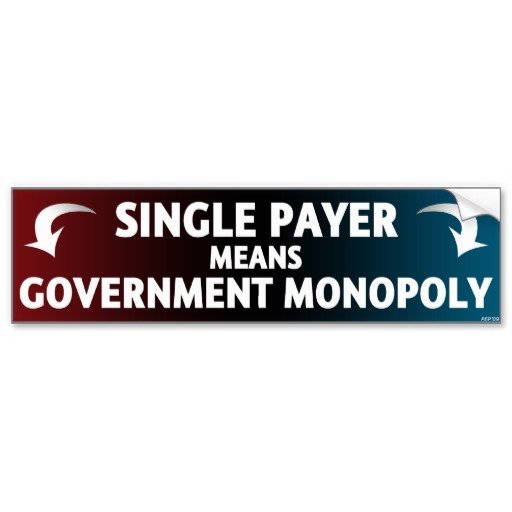
Imagine if the government passed a law that ‘owning an automobile is a right, not a privilege.’ As a result of this law, and this assumption, everyone would be guaranteed a car; in fact, everyone would be legally obliged to buy a car.
This law declared that large numbers of cars were ‘substandard.’ Despite promises by the President upon passage of the law that, ‘If you like your car, you can keep it,’ millions of people, once the law went into effect, were forced to give up their cars because the law deemed them ‘substandard.’
No worries. The government will provide you with a car for free, if you can prove you make little enough, or—if you’re not so lucky—at a cost higher than what you paid for the car you previously owned and preferred. This depends upon you getting access to a government website clearinghouse for cars, a website which is offline more than online.
Oh, and by the way, the President also promises that this law will reduce or even balance the federal budget, because the government will now be spending less money thanks to the cost of automobiles now being ‘under control.’
What do you think the reaction would be to such a law? And what would you expect to happen to the car industry? Would the cost of cars go up, or down? Would the quality of cars continue to increase with each passing year, or would that quality begin to stagnate or even decline?
Government may now set the standards, but government is clearly not infallible. And since the car industry is guaranteed business now that citizens are required to own (government-approved) cars, they don’t have quite the incentive to keep pleasing customers the way they once did.
The car industry as a whole, once concerned with producing vehicles that meet the vastly differing price/quality needs of different customers, will now operate under a more or less ‘one size fits all’ approach mandated by the federal government. Freedom of competition wanes as fewer companies (maybe just one or two) operate to fulfill the narrow government requirements.
Even today, when a sense of dispirited helplessness and demand for government intervention is perhaps at an all-time high, I don’t think the vast majority of Americans would tolerate such a law. But a majority permitted it with health care, and now we’ve got it.
But why? The laws of economics, human motivation and human behavior are just as operative in the medical field as they are in the automobile industry, or any other human endeavor or enterprise.
The only way consumers or customers can communicate with private businesses is through the supply-and-demand pricing mechanism. If a company has too much product or service left over, consumers have communicated, ‘You’re charging more than I’m able or willing to pay for it.’ Prices will go down. If a company has a shortage of product or service, consumers have communicated, ‘You have to charge more—or better yet, produce more.’ These are the laws and incentives in the marketplace, a vast interconnection of ultimately millions (or even billions) of individuals negotiating on a daily basis with the people who provide the goods and services desired. We see them play out with smart phones, groceries, computers and a whole host of other products and services in fields the government has not (yet) seen fit to completely take over.
Our government officials have proclaimed that they’re superior to the laws of the marketplace. People like Barack Obama, who have never run (nor even worked in, all that much) a private business sneer at the marketplace and brush off anyone who speaks in its defense.
They think they know better, and no matter how badly things go under Obamacare, they will continue to blame the marketplace. What marketplace? No answer is given. Only more regulations, more subsidies, more control over people’s lives.
The dead end of this viewpoint is what our elected officials probably already know, and perhaps intended all along: One gigantic single-payer plan for all Americans. If the ‘private marketplace,’ weighed down by an impossible number of mandates and regulations, cannot do the job, then let government take over the whole thing.
In terms of the automobile analogy, this would be equivalent to auto companies shutting down left and right, and the government taking over. We’d see a single gigantic automobile company, perhaps called ‘AmericaAuto, Inc.,’ operated by the Department of Transportation in Washington DC, deciding who gets what kind of car, at what cost (if any), and all determined by political considerations.
What kind of car do you think this monolithic federal bureaucracy would make, and how happy do you imagine you’d be with the results?
Think hard, because this is what’s unfolding in the wake of the Obamacare law.
Be sure to “friend” Dr. Hurd on Facebook. Search under “Michael Hurd” (Rehoboth Beach DE). Get up-to-the-minute postings, recommended articles and links, and engage in back-and-forth discussion with Dr. Hurd on topics of interest.
